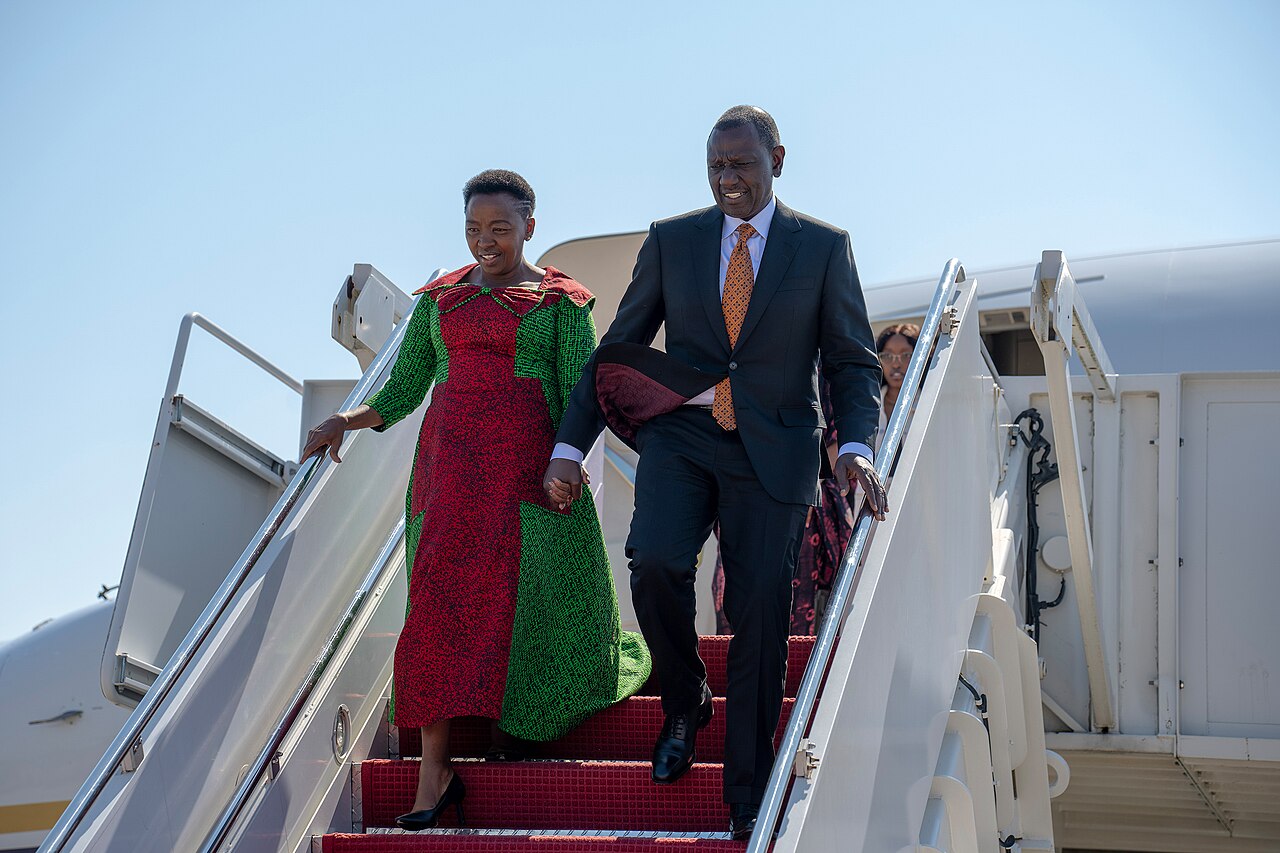
It is the job of diplomats to resolve disagreements, find common ground and smooth over difficulties between countries. But sometimes, they can stir things up.
Some readers may remember US Amb Smith Hempstone (1989-93). He was the opposition’s darling and caused the Kanu government severe indigestion. After his tour of duty, it took a little while to reset relations between Kenya and the US.
More recently, if you were paying close attention, you might have noticed that the current Chinese envoy, Amb Guo Haiyan, who arrived in January, began her tour of duty with an opinion piece titled New Vision, New Mission..
Kenya’s relationship with China had taken a bit of a back seat since the Ruto administration came to power. The Kenya Kwanza administration appeared more concerned with its ties to the Western world.
One of the reasons behind President William Ruto’s trip to Beijing was to reset these ties.
Coming almost exactly a year after Ruto’s high-profile visit to the US, during which trade and defence pacts were inked, this trip should provide evidence of the new vision and message.
With the disruptive President Donald Trump back in the White House, there is every possibility that some of these arrangements may be reconsidered. Therefore, in the name of pragmatism, it looks as good a time as any to smooth over any kinks in our friendship with the Chinese.
It’s not the first time Kenya has had to turn its gaze Eastwards after a period in which we were admiring the view of the West. We’ve been here before, sort of.
While it would be an unfair exaggeration to compare our ties with Beijing in 2025 with the situation 58 years ago, there are faint echoes.
In 1967, at the height of the height of the Cold War, capitalist Western countries were battling their communist rivals in the East, namely the USSR and China, to gain a foothold in Africa’s then newly independent countries. Each bloc had their influencers who held sway in positions of power.
In Kenya, the Eastern bloc’s best friend was Vice President Jaramogi Oginga Odinga, while America’s main blue-eyed boy was Tom Mboya. There were others, of course. The British, for instance, had Charles Njonjo and Bruce Mackenzie batting for them.
However, by 1967, a Mboya-fronted plot had seen Odinga swept out of power into the opposition. As such, the Eastern Bloc countries appeared effectively cut off from the corridors of power.
In June that year, President Jomo Kenyatta had made a pointed speech, warning foreign diplomats from interfering in Kenya’s internal affairs.
It was clear that the salvo was directed at the Chinese and Russians, who were seen as backing Odinga.
That same month, according to reports by the French News Agency AFP, the Chinese Embassy launched an attack on Mboya in the media, accusing him of “helping American imperialism”.
Mboya’s, and by extension the government’s, reaction was quick and drastic. He issued a statement reminding the Chinese about what Kenyatta had said about foreign interference.
After that, things escalated fast. Vice President Daniel arap Moi told the Chinese Embassy that their statement was tantamount to “a challenge to Kenya”. Next, a motion came up in Parliament, calling for the immediate expulsion of the Chinese ambassador.
State broadcaster VoK broadcast an editorial comment, saying the Chinese Embassy in Nairobi had opened “a hostile front” in a host country.
The next day, the Kenya government declared China’s charge d’affairs persona non grata.
As he left the country, the Chinese diplomat said: “I think that the action taken by the Kenyan government is not beneficial to the Kenyan people, but can only help its enemies”.
Meanwhile, through its publicity secretary Achieng Oneko, the opposition KPU (Odinga’s party) said the diplomat’s expulsion was “a move to side-track the condemnation of the CIA's activities in Kenya”.
Beijing immediately carried out a tit-for-tat diplomatic expulsion, giving Kenya’s charge d’affaires 48 hours to leave their country, and giving him a note to take to Kenyatta.
The note warned
darkly: “Whoever opposes China will come to no good end.”
Diplomatic relations were in the deep freeze until 1978, when President Daniel arap Moi took over the presidency and began the long hard job of restoring ties, including a state visit to Beijing.


![[PHOTOS] Ruto at Pope Francis' burial](/_next/image?url=https%3A%2F%2Fcdn.radioafrica.digital%2Fimage%2F2025%2F04%2F844cb891-abd4-4ee5-bc2d-2a0c21fa3983.jpeg&w=3840&q=100)







